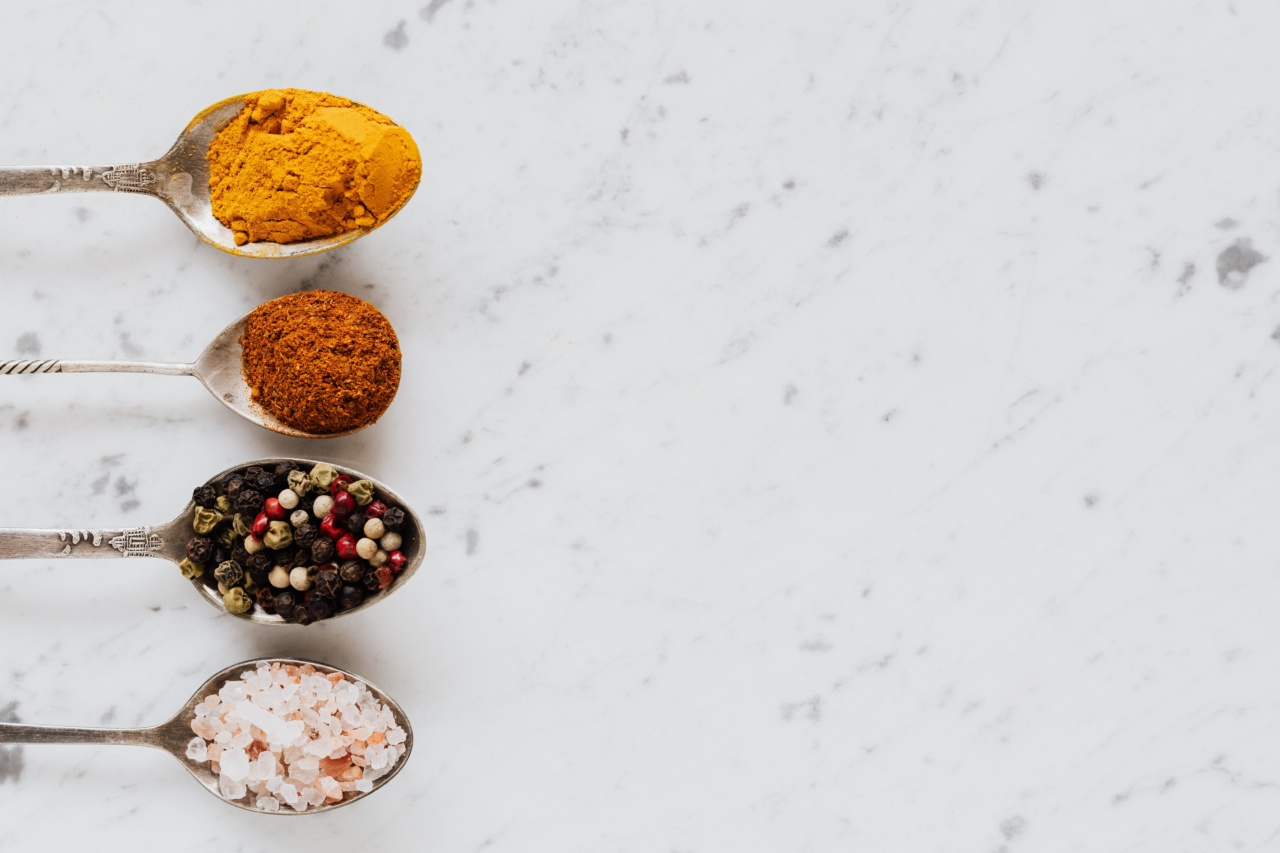Cinnamon is a spice that has been used for centuries for its unique taste and fragrance. However, recent studies have shown that it also has powerful medicinal properties that can benefit your health.
In this article, we will discuss the health benefits of cinnamon, its uses, and the how it can help in managing certain health conditions.
What is cinnamon?
Cinnamon is a spice that comes from the bark of the trees in the Cinnamomum family. It is commonly used in cooking and baking due to its distinctive aroma and sweet flavor. The spice is available in two forms: ground cinnamon and cinnamon sticks.
Health benefits of cinnamon
Cinnamon has many health benefits, including the following:.
1. Anti-inflammatory properties
Cinnamon has anti-inflammatory properties that can help to reduce inflammation in the body. This means that it can be helpful in reducing pain and inflammation associated with chronic conditions such as arthritis.
2. Antioxidant properties
Cinnamon is a rich source of antioxidants that can help to protect the body from damage caused by free radicals. Free radicals are harmful molecules that can damage cells and contribute to the development of diseases such as cancer.
3. Lower blood sugar levels
Cinnamon has been shown to lower blood sugar levels in people with type 2 diabetes. This is because it helps to increase insulin sensitivity and make insulin more effective at removing sugar from the bloodstream.
4. Reduce the risk of heart disease
Cinnamon can help to reduce the risk of heart disease by lowering levels of cholesterol and triglycerides in the blood. High levels of these substances are associated with an increased risk of heart disease.
5. Fight bacterial and fungal infections
Cinnamon has natural antimicrobial properties that can help to fight bacterial and fungal infections. It has been shown to be effective against many different types of bacteria, including E.coli and salmonella.
How to use cinnamon
Cinnamon can be used in a variety of ways, including the following:.
Cooking and baking
Cinnamon is commonly used in cooking and baking, often added to desserts and spice mixes. It can also be used to add flavor to savory dishes such as stews and curries.
Tea
Cinnamon can be used to make a delicious and warming tea. Simply add a cinnamon stick to a cup of hot water and let it steep for a few minutes.
Supplements
Cinnamon supplements are also available in capsule form. These supplements can be a convenient and easy way to take cinnamon for its medicinal benefits.
Cinnamon and health conditions
Cinnamon can be beneficial for managing certain health conditions, including the following:.
Type 2 diabetes
Cinnamon can be helpful for people with type 2 diabetes by reducing blood sugar levels and improving insulin sensitivity.
High cholesterol
Cinnamon can help to lower cholesterol levels in the blood, reducing the risk of heart disease.
Arthritis
Cinnamon’s anti-inflammatory properties can help to reduce pain and inflammation associated with arthritis.
Candida overgrowth
Cinnamon has natural antifungal properties that can help to reduce the growth of candida, a type of yeast that can cause infections in the body.
Conclusion
Cinnamon is a delicious spice that also has many health benefits.
From its anti-inflammatory and antioxidant properties to its ability to lower blood sugar levels and reduce the risk of heart disease, cinnamon is a versatile spice that can be used in cooking, taken as a supplement, or enjoyed as a tea. If you want to add some powerful health benefits to your diet, consider incorporating cinnamon into your meals and daily routine.





























